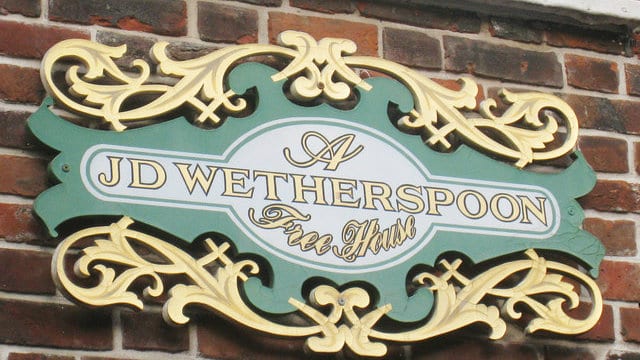Rising inflation, slowing wage growth and the shadow of Brexit are beginning to hit consumer confidence and spending. Should investors turn their backs on companies whose profits tend to be hit the hardest in times like these? Not necessarily.
The Real Deal?
As as a holder of stock in restaurant owner Fulham Shore (LSE: FUL) I was heartened by today’s final results and the market’s reaction to them.
Thanks to a raft of new openings (13 Franco Manca pizzerias and three The Real Greek restaurants), total group revenue grew by just over 41% to £41.3m over the last year. Group Headline EBITDA rose 36% to £7.1m with operating profit rocketing 153% to £1.3m from £500,000 just one year ago.
Should you invest £1,000 in Land Securities Group Plc right now?
When investing expert Mark Rogers has a stock tip, it can pay to listen. After all, the flagship Motley Fool Share Advisor newsletter he has run for nearly a decade has provided thousands of paying members with top stock recommendations from the UK and US markets. And right now, Mark thinks there are 6 standout stocks that investors should consider buying. Want to see if Land Securities Group Plc made the list?
Of course, expanding any business costs money so it comes as no surprise that net debt levels at the company have also increased 80% to £5.9m. Nevertheless, I’m comforted by the company’s strategy to expand at a reasonable rather than breakneck pace by waiting for “the right sites with the right rents“. This also feels prudent given the recent increase in food costs, reduction in the availability of skilled European restaurant staff and the possibility of ongoing terrorist activity impacting on the number of tourists visiting London (where the vast majority of the company’s sites are).
At first glance, shares in Fulham Shore look rather expensive at 28 times earnings. However, a price-to-earnings growth (PEG) ratio of under one suggests that new investors would still be getting great value for money. There’s no dividend on offer but that’s to be expected.
With a 38% rise in earnings now expected in 2018, I also think Fulham Shore might be a better buy than pub giant JD Wetherspoon (LSE: JDW), which issued a trading statement this morning.
Rising debts
A beneficiary of the recent warm weather, total and like-for-like sales at the Watford-based business rose by 3.6% and 5.3% respectively in the 11 weeks to 9 July. This compares favourably to the numbers for the year to date (total sales up 1.9%, like-for-like sales up 3.9%).
Trouble is, I struggle to be convinced that its stock — on a valuation of 17 times earnings — looks good value for a number of reasons.
First, the huge estate of over 900 pubs will always be a burden. Indeed, the company expects capital expenditure to hit around £65m this year as a result of renovation work at some of its older sites. Tellingly, it has already indicated that this level of expenditure will continue or be slightly higher “for the next few years“. With just over 50 restaurants to its name, a more nimble operator like Fulham Shore looks far more appealing in this respect.
Despite stating that it “remains in a sound financial position“, Wetherspoon’s net debt levels have also been steadily rising over the last five years, from £463m in 2012 to today’s figure of around £715m. When you consider that the company is only valued at just under £1.1bn, a rise of this magnitude would make me rather nervous as an investor.
There’s also the issue of product differentiation. While selling pizzas is admittedly nothing new, Franco Manca’s low-price sourdough recipes have been generating huge amounts of positive feedback. In contrast,Wetherspoon fails to offer anything that visitors would struggle to get elsewhere.
With barely any earnings growth now expected in 2018, I think most investors would do well to avoid the shares for now.








